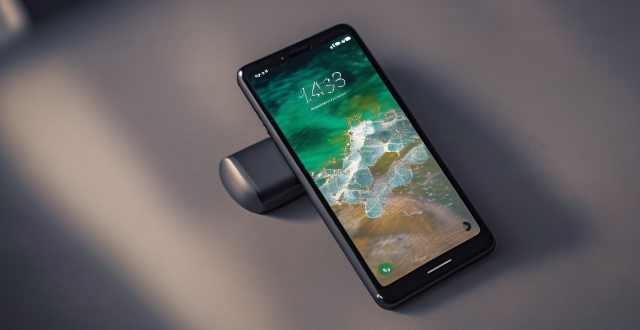The time it takes to fully charge a smartphone is influenced by factors such as battery capacity, charging method, and power source. Larger battery capacities require more charging time. Wired charging is typically faster than wireless, with fast charging technologies further reducing charging times. The power source's wattage also affects charging speed. To optimize charging, use the original charger, avoid overheating, minimize phone usage during charging, and consider fast chargers and portable power banks.

How Long Does It Take to Fully Charge a Smartphone?
Charging a smartphone is an essential part of our daily routine. The time it takes to fully charge a smartphone depends on various factors such as the battery capacity, charging method, and power source. In this article, we will discuss these factors in detail and provide you with some tips to optimize your charging experience.
Battery Capacity
The battery capacity of a smartphone is measured in milliampere-hours (mAh). Generally, smartphones with larger batteries take longer to charge than those with smaller batteries. For example, a smartphone with a 5000mAh battery may take around 2-3 hours to fully charge, while a smartphone with a 3000mAh battery may only take 1-2 hours.
Example: iPhone 12 Pro Max
- Battery Capacity: 3687mAh
- Charging Time: Approximately 2 hours using a 20W adapter
Example: Samsung Galaxy S21 Ultra
- Battery Capacity: 5000mAh
- Charging Time: Approximately 2.5 hours using a 25W adapter
Charging Method
There are two main types of charging methods for smartphones: wired and wireless charging. Wired charging is faster and more efficient than wireless charging. However, wireless charging offers convenience and portability.
Wired Charging
Wired charging uses a cable connected to a power source, such as a wall charger or a computer USB port. The charging speed varies depending on the wattage of the charger and the compatibility between the charger and the smartphone.
Fast Charging Technology
Many smartphones support fast charging technology, which allows for quicker charging times. For example, Qualcomm Quick Charge supports up to 45W of power, while USB Power Delivery can deliver up to 100W of power.
Example: OnePlus 9 Pro
- Supports Warp Charge 65T+, which can charge the phone from 0% to 100% in about 30 minutes using a compatible charger and cable.
Wireless Charging
Wireless charging uses electromagnetic fields to transfer energy between a charging pad and a smartphone. While convenient, wireless charging is generally slower than wired charging.
Example: iPhone 12 series
- Supports MagSafe wireless charging at up to 15W, but actual charging speed may vary depending on the charging pad and environmental factors.
Power Source
The power source also plays a role in how quickly a smartphone charges. Using a higher wattage charger and ensuring that the power source is providing enough voltage and amperage can help speed up the charging process.
Wall Chargers vs. Computer USB Ports
Using a wall charger with a higher wattage output will generally result in faster charging times compared to using a computer USB port. For example, a 20W wall charger will charge a smartphone faster than a 5W USB port on a computer.
Example: Google Pixel 5
- Can be charged using a 18W wall charger or a 5W USB port on a computer. Charging times will be significantly different between the two methods.
Tips for Optimizing Charging Experience
Here are some tips to help you optimize your smartphone charging experience:
1. Use the original charger and cable provided by the manufacturer to ensure compatibility and safety.
2. Avoid overheating your smartphone during charging by removing any protective cases or covers that may trap heat.
3. Try not to use your smartphone while it's charging, as this can slow down the charging process and cause additional strain on the battery.
4. If possible, use a fast charger compatible with your smartphone to reduce charging times.
5. Consider investing in a portable power bank if you frequently need to charge your smartphone on the go.